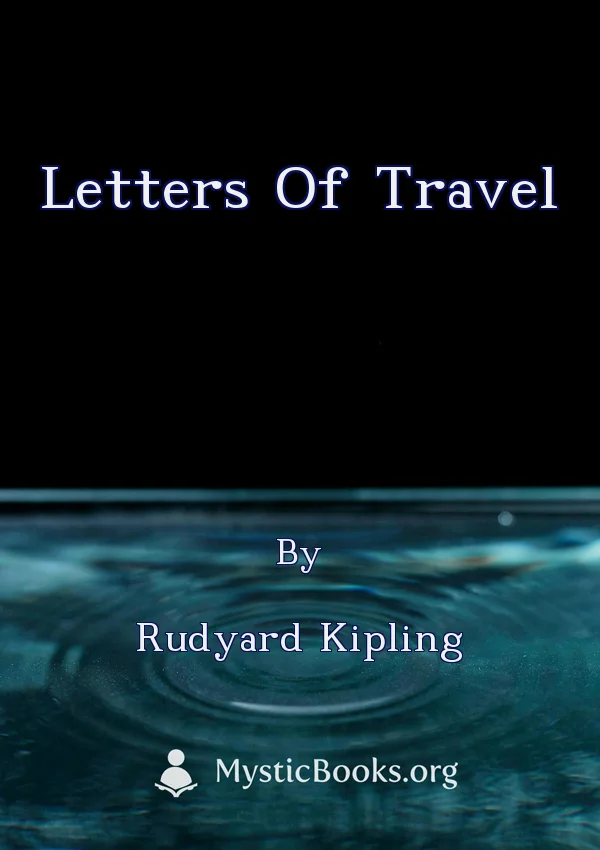
Letters of Travel
'Letters of Travel' Summary
Kipling's observations are cast in a wry style that permits, as his work often does, different readings. The unsympathetic reader can hear a banal repetition of the patriarchal, racist and imperialist ideas of the late nineteenth and early twentieth century trotted out. (Or even in his characterisation of the Jewish power behind the pedlar in "The Face of the Desert" a suggestion of something worse.) A more nuanced reading will perceive an amused or wry smile in Kipling's remembering and the human sympathy that infuses all his writing. (US listeners should be warned that in Kipling's day "the N word" was in common use, and he therefore uses it naturally to describe people of Sub-Saharan African ancestry.) A paragraph in the "letter" written on Kipling's arrival in Japan might serve as example. It closes: "The father-fisher has it by the pink hind leg, and this time it is tucked away, all but the top-knot, out of sight among umber nets and sepia cordage. Being an Oriental it makes no protest, and the boat scuds out to join the little fleet in the offing." With its flippant tone ("all but the top-knot"), impersonal reference ("it" rather than he or she) and use of racial terms ("Oriental") and stereotypes ("makes no protest") this can be presented as an example of the worst of Victorian Imperialist prejudice. And yet... as the fisher family are introduced, not only was "the perfect order and propriety of the housekeeping" noted but mention was made of "a largish Japanese doll, price two shillings and threepence in Bayswater", which turns out to be a baby. At first glance this is merely another example of Western bigotry. Note however the words Kipling uses to show us that this is not in fact a doll: "The doll wakes, turns into a Japanese baby something more valuable than money could buy". The "Japanese doll" is a priceless human child and not a commodity to be bought in Bayswater. Perhaps the prejudice is not so much on the surface of Kipling's writing as under the surface of the reader's presuppositions? Time and again wry observation turns the familiar world into something fresh, and reminds the reader of shared humanity with the strange and foreign people being observed. Kipling as a tourist is no mere gawker whether in strange yet familiar Yokohama or in foreign Vermont.Book Details
Language
EnglishOriginal Language
Published In
Genre/Category
Tags/Keywords
Authors
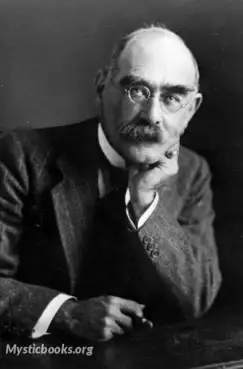
Rudyard Kipling
Britain
Kipling's writing has strongly influenced that of others. His stories for adults remain in print and have garnered high praise from writers as different as Poul Anderson, Jorge Luis Borges, and Randal...
Books by Rudyard KiplingDownload eBooks
Listen/Download Audiobook
- Select Speed
Related books

Narrative of the Expedition to Botany-Bay by Watkin Tench
This book is an account of Watkin Tench's experiences as an officer of the British Marines in the First Fleet to settle New South Wales (NSW). It prov...
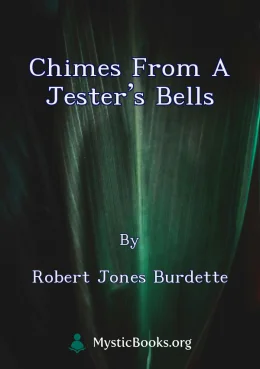
Chimes From A Jester’s Bells by Robert Jones Burdette
Robert Jones Burdette's "Chimes From A Jester's Bells" is a delightful and thought-provoking collection of stories and sketches that explore the compl...

From Pillar to Post by John Kendrick Bangs
'From Pillar to Post' is a collection of humorous essays by John Kendrick Bangs, chronicling his experiences as a popular lecturer on the Lyceum circu...

Cartas de Inglaterra by José Maria de Eça de Queirós
Cartas da Inglaterra is a collection of essays written by Portuguese author José Maria de Eça de Queirós during his time as a diplomat in England. The...
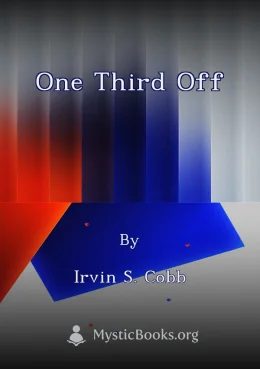
One Third Off by Irvin S. Cobb
Irvin Shrewsbury Cobb (June 23, 1876–March 11, 1944) was an American author, humorist, and columnist who lived in New York and wrote over 60 books and...
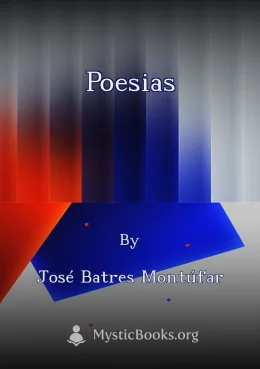
Poesias by José Batres Montúfar
This book, *Poesias* by José Batres Montúfar, is a compilation of the author's most notable poems. It represents a significant contribution to Guatema...

France, Spain and the Rif, Part 2 by Walter Burton Harris
Walter Burton Harris' "France, Spain and the Rif, Part 2" is a historical account of the Rif War, a five-year conflict between Spain, France, and the...
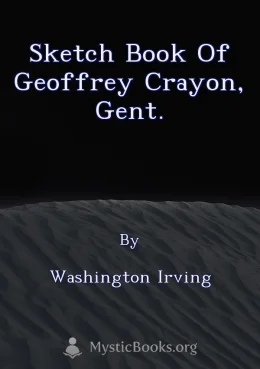
Sketch Book of Geoffrey Crayon, Gent. by Washington Irving
The Sketch Book of Geoffrey Crayon, Gent. is a collection of short stories, essays, and sketches by Washington Irving, published in 1819. The book fea...
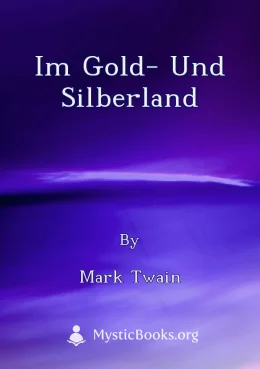
Im Gold- und Silberland by Mark Twain
In "Im Gold- und Silberland" nimmt Mark Twain den Leser mit auf eine Reise durch Carson City und Nevada während des Goldrausches. Der Autor schildert...

Garden Of Folly by Stephen Leacock
Stephen Leacock's *Garden of Folly* is a collection of essays that reflect the wit and insightful observations of this celebrated Canadian humorist. P...
Reviews for Letters of Travel
No reviews posted or approved, yet...